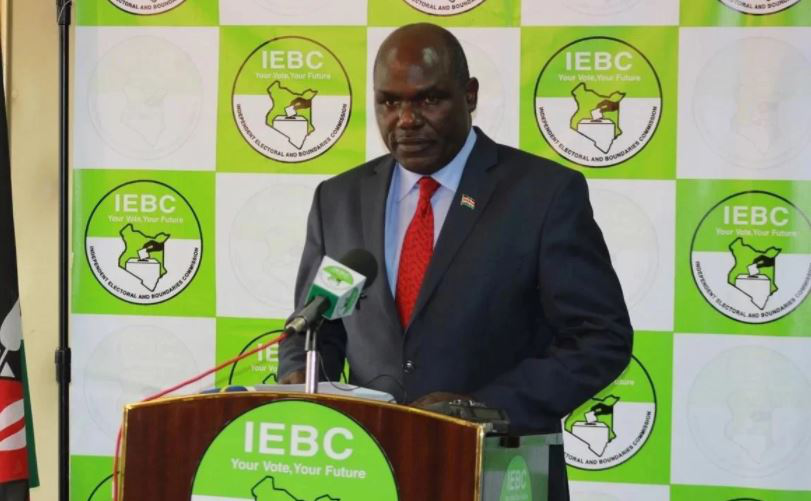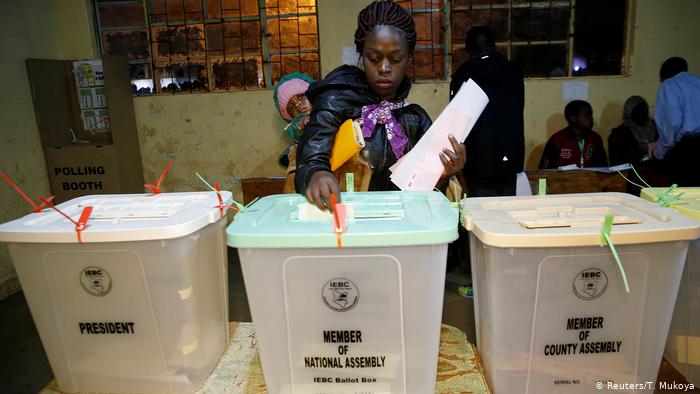
The Independent Electoral and Boundaries Commission (IEBC) says it will reject 2022 party nomination lists which will not adhere to the two-thirds gender rule.
Speaking in Mombasa, IEBC Chairman Wafula Chebukati said the realisation of the two-thirds gender rule has remained elusive in Parliament, with several unsuccessful attempts at providing legislation to enforce the principle.
“The High Court of Kenya in Katiba Institute vs the Independent Electoral and Boundaries Commission (2017) directed political parties to formulate rules and regulations to actualise the two-third gender principle during nominations of the 290 constituency-based elective positions for members of the National Assembly and 47 county-based elective positions for members of the Senate within six months from the date of the Judgement — April 20, 2017,” said Mr Chebukati.
He said IEBC was directed to devise administrative mechanisms to ensure that the two-third gender principle was realized among political parties during nomination for parliamentary elections.
Mr Chebukati said the commission was further directed to reject any nomination list of a political party for its candidates that do not comply with the two-third gender rule.
“The commission shall comply with the orders of the court by ensuring that political parties’ nomination lists for elective positions in the Senate and National Assembly comply with the two-third gender rule before they are accepted by the commission for candidates’ registration,” added Mr Chebukati.

Countdown to 2022 polls
At the same time, IEBC announced the countdown to the 2022 General Election, with Mr Chebukati saying the polls will be held on August 9, 2022.
He added that public officers seeking elective positions must resign by February 9, 2022.
“A public officer who intends to contest an election shall resign from the public office at least six months before the date of election,” he said.






